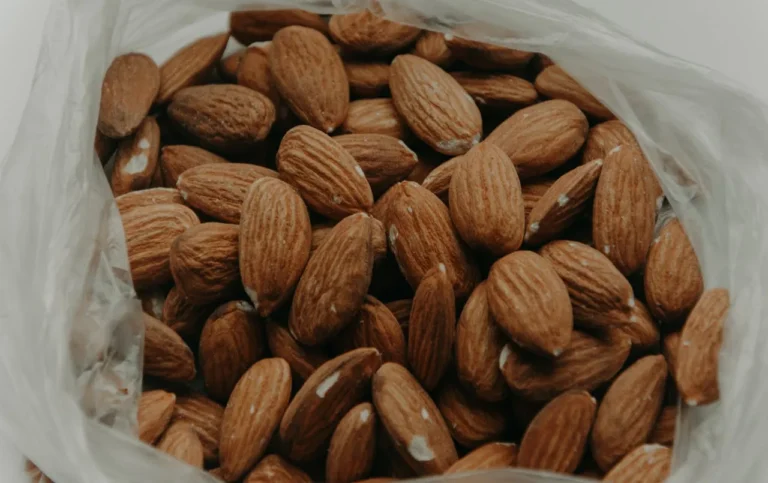
KWS recognizes the results of today’s vote in the European Parliament regarding the Plant Reproductive Material (PRM) proposal. However, we are concerned about the implications of the approved text on the longstanding principles of the PRM legislation. These principles have been essential in ensuring the provision of high-quality inputs to farmers, growers, and other users. Unfortunately, the approved text creates loopholes that could potentially exempt certain materials from the legislation in the future.
The plant breeding and seed sector is pivotal in providing farmers with high-quality varieties to address the challenges posed by climate change and diminishing resources. It is imperative to maintain a level playing field for this sector to continue operating effectively. Any practices that undermine these conditions jeopardize the overarching goals of the PRM proposal, including food security, biodiversity preservation, and the restoration of forest ecosystems.
By excluding certain materials and activities from the scope of the regulation, the European Parliament has created a situation where the market may lack minimum requirements and official oversight. While derogations may have been intended to strike a balance between sector development and conservation, these exemptions could lead to breaches of common rules and increased fraud. Furthermore, the lack of transparency and official oversight for materials exempted from regulation could impact users’ confidence and tarnish the reputation of EU-produced PRM in global markets.
The text approved by parliament opens up avenues for the informal marketing of PRM without adequate scrutiny of its identity, quality, health, or suitability for specific users. This poses a risk to the drive for more sustainable production among EU farmers and growers, threatens the competitiveness of European agriculture, and undermines the EU’s reputation as a reliable source of high-quality PRM for global markets.
The outcome of the vote does not align with the significant contributions of our sector to the agri-food chain, nor does it reflect our industry’s sustainability and economic objectives. We urge the Council to adopt a position that addresses these concerns during the interinstitutional negotiations.




